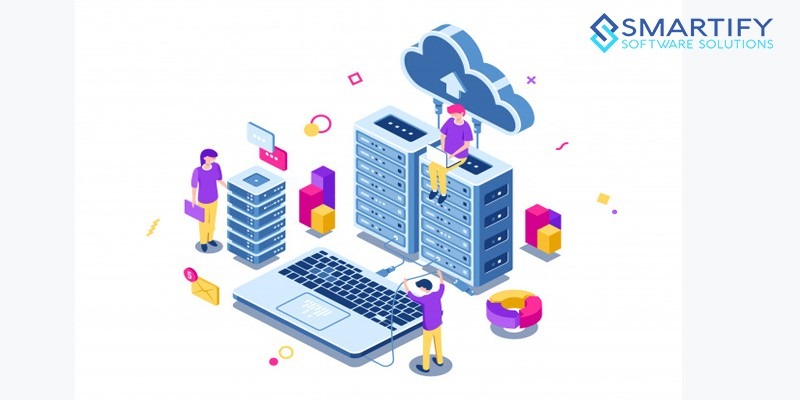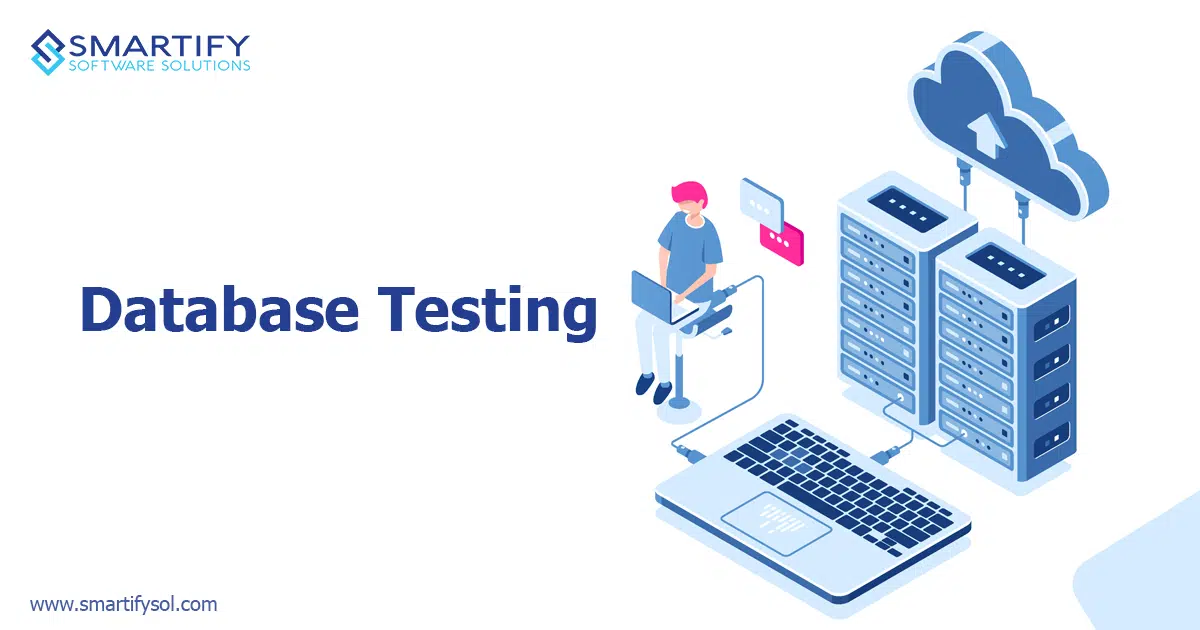Database is collection of data stored in electronic format, it allows us to Access, Manipulate, and update data. The best example is the library. The library contains a variety of materials, here the library is a database and books are the data. A Database Management System (DBMS) is a system software for creating and managing databases. DBMS provides users and programmers with the systematic way to create, retrieve, update and manage data.
SQL Databases
SQL is an American National Standards Institute standard language, SQL databases also known as relational databases. A relational database defines relationships in the form of tables. A table is a collection of related data entries and it consists of columns and rows. Relational databases like MySQL Database, Oracle, Ms SQL Server, Sybase, etc. use SQL.
NoSQL Databases
NoSQL is a non-relational DBMS, NoSQL database stands for Not SQL. NoSQL is popularly used to create a unique structure, and can be document, graph, column, key-value pairs. NoSQL Databases include Redis, Google Cloud Datastore, MongoDB, and IBM Cloudant.
MySQL
MySQL is an open-source relational DBMS. It was first released in 1995, and has become a critical component of almost all open-source web development stacks. MySQL is used by almost every major company. Some major websites using MySQL databases include Facebook, Google, Twitter, YouTube, and Flickr.
Advantages of MySql
- MySQL can be made to work with other databases, including DB2 and Oracle.
- High performance for large databases, Optimal for organizations that are looking for a reliable tool with reasonable pricing.
- MySQL Supports a number of different types of replication.
- Supports large databases, up to 50 million rows or more in a table.
PostgreSQL
PostgreSQL is an open-source object-relational database management system (ORDBMS). PostgreSQL is cross platform and runs on all operating systems such as Linux, FreeBSD, OS X, Solaris, Windows etc. This database was created by a computer science professor named Michael Stonebraker and his team in 1986. Today PostgreSQL has become one of the popular open-source databases.
Advantages of PostgreSQL
- Supports JSON and allows processing terabytes of data.
- PostgreSQL supports a variety of replication methods .
- Supports Atomicity, Consistency, Isolation, Durability (ACID).
- PostgresSQL also Supports text, images, sounds, and video.
Microsoft SQL Server
MS SQL Server is a leading Relational Database Management System developed by Microsoft. Today it is the second most popular database in the world. This DBMS Engine can be deployed on cloud-based servers as well as local servers at the same time.
Advantages of Microsoft SQL Server
- Microsoft SQL Server is very fast and stable.
- Offers the ability to adjust and track performance levels.
- Supports SQL language ,non-procedural, common database and also case insensitive language.
- Ability to store any kind of data.
- Quickly stores and retrieve the information.
MongoDB
MongoDB is one of the most popular non-relational databases developed by Eliot and Dwight in 2007. This database is designed for applications that use both structured and unstructured data. The database engine is very flexible, and it works by connecting databases to applications through MongoDB database drivers.
Advantages of MongoDB
- High speed and performance, easy configuration, support for JSON.
- Data of any structure can be stored and accessed quickly and easily.
- Supports dynamic queries on documents using a document-based query language.
- Easy to access documents by indexing.
- Provides fast query response.
- MongoDB is a horizontally scalable database.
Oracle
Oracle database is a relational database management system developed in 1977. This database is mostly used for running online transaction processing, data warehousing and mixed database workloads. The Oracle is a cross platform that runs on various operating systems including Windows Server, Unix, and various distributions of GNU/Linux.
Advantages of oracle
- Manages memory very efficiently.
- Easily handles the largest databases.
- Users can create partitions to achieve greater administrative control over the data.
- Smart suggestions help developers work more accurately and efficiently.
- Provides on-line backup and recovery.
- Ability to manage multiple databases within the same transaction using a two-phase commit protocol.
- Supports multiple cursors per Oracle connection in line with ANSI standards.
- Ported to more platforms, running on more than 100 hardware platforms and 20 networking protocols.
Redis
Redis is an open-source, non-relational database. The main reason why developers choose for Redis is its speed, Redis is written in C and works in most POSIX systems like Linux, *BSD, OS X without external dependencies.
Advantages of Redis
- High-performance.
- Good scalability.
- Offers data replication.
- Allows inserting huge amounts of data into its cache very easily.
- Has a small memory footprint and it can be installed in Raspberry Pi to enable IoT-based applications.
- Redis supports transactions, which means that commands can be executed as a queue instead of executing one at a time.
- Supports transactions, which means that commands can be executed as a queue instead of executing one at a time.



